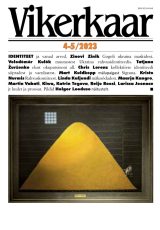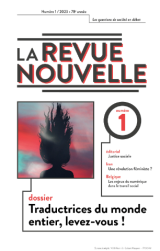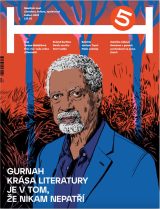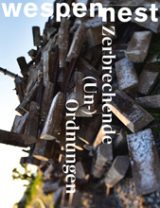
The fear of being torn apart
Hungary, Estonia and Belgium before the EP elections
The products of Hungary’s post-truth laboratory are being received with increasing scepticism, while in Estonia the European elections will be a test of nerve following March’s general election. In Belgium, at least, things are just about holding together.
 (b.1965) is the editor-in-chief of the cultural monthly
(b.1965) is the editor-in-chief of the cultural monthly 



